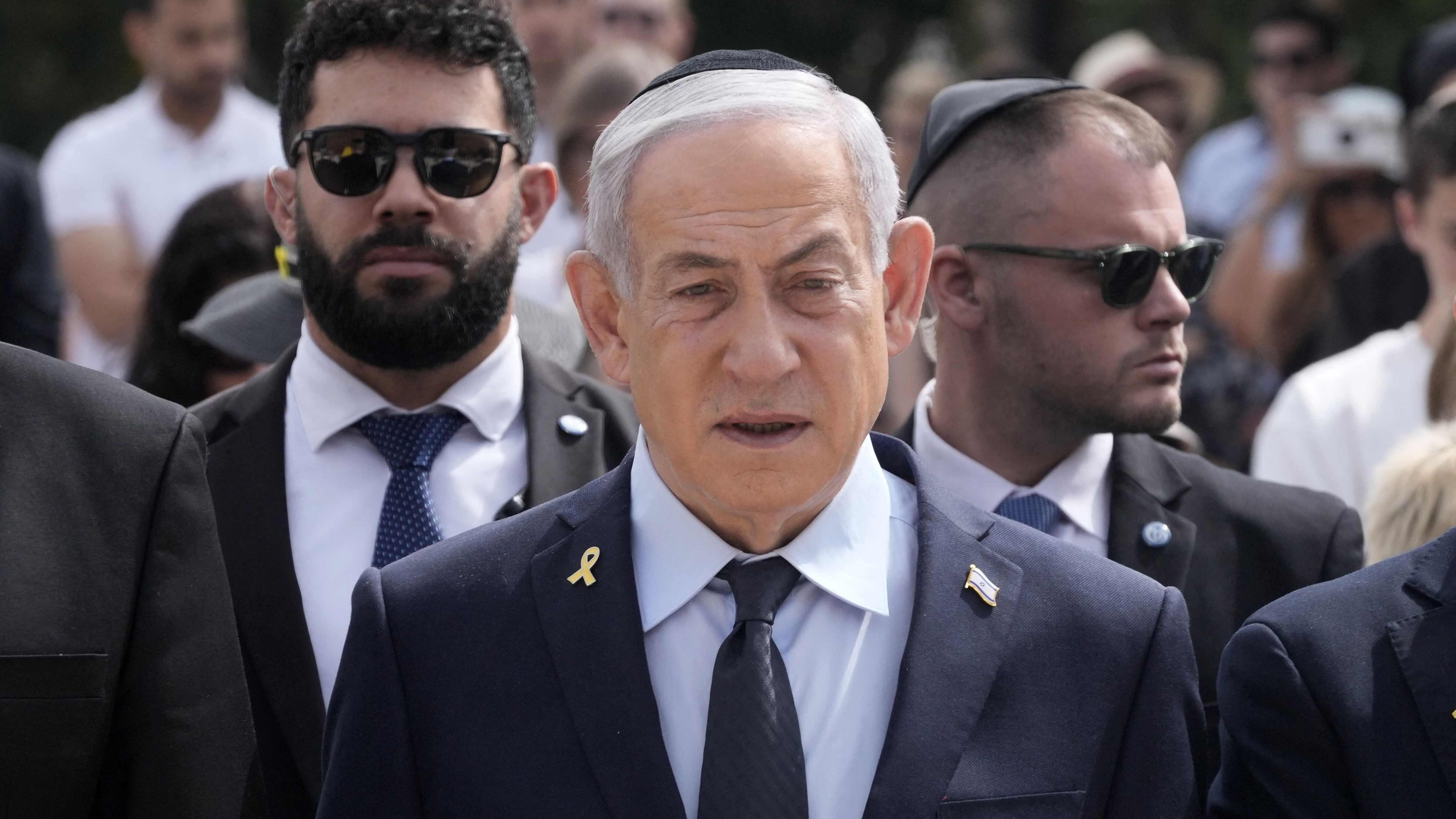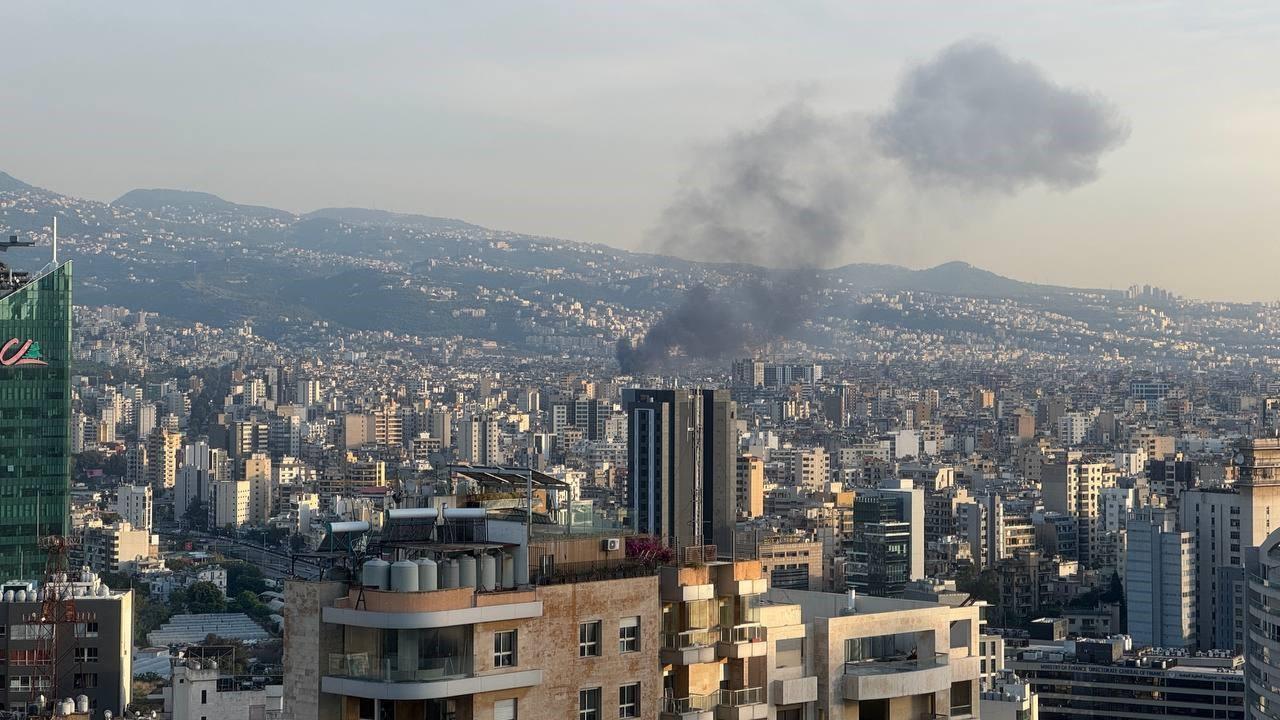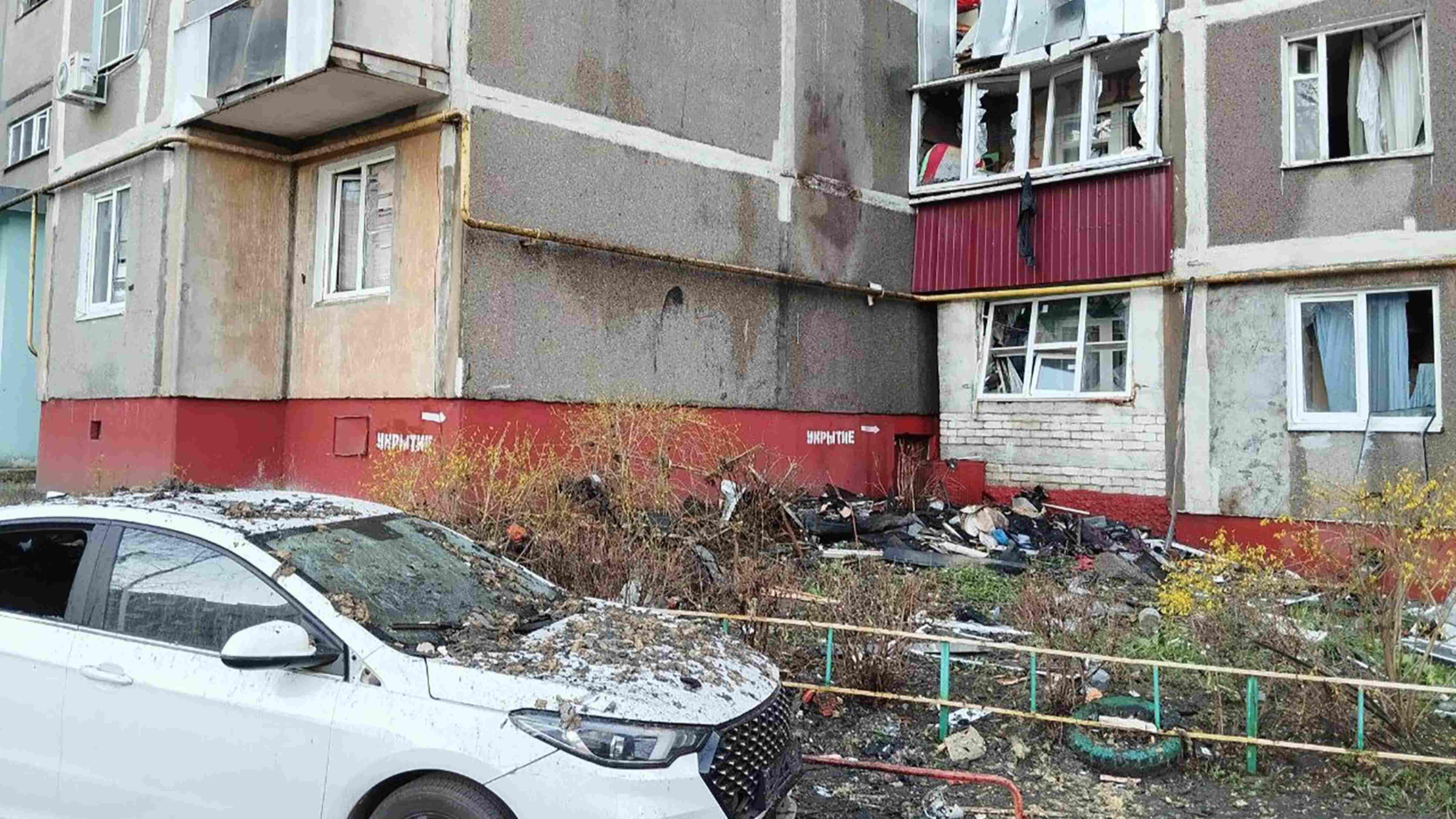Politics losing out to terror
The unexpected recent rise in terrorist attacks, which have been killing soldiers and innocent civilians on a nearly daily basis, has once again lifted the lid on the inability of political parties to come up with a sound approach to deal with Turkey’s bleeding wound.
The outlawed Kurdistan Workers’ Party’s (PKK) violent campaign has already made this one of the bloodiest summers since the 1990s, when the government was pushed to adopt more and more hawkish policies against the terrorists and what they call their political wing, the Peace and Democracy Party (BDP). Kept in the middle of a bloody vicious cycle, the Turkish people, however, are increasingly voicing their hope for an end to this near-civil war, calling on political parties to unite to find a common solution.
The ruling Justice and Development Party (AKP) long ago forgot its commitment to solving the problem through brave steps, which were to have included meeting some of the political and democratic demands of the Kurdish people. Prime Minister Recep Tayyip Erdoğan has bluntly said he no longer thinks of the issue as the Kurdish question, but as a terrorism problem, saying that the government has closed the chapter of the “Kurdish question.”
The Republican People’s Party (CHP) was the first party to advocate for an inter-party mechanism, even before the PKK’s violence took the country by storm this summer. The kidnapping of CHP Tunceli deputy Hüseyin Aygün and his statements afterwards raised eyebrows among the AKP and the Nationalist Movement Party (MHP), which preferred to put the CHP in the same basket with the BDP.
While the MHP is pressing for the lifting of the parliamentary immunity of BDP lawmakers due to their close links with the PKK, the BDP continues to threaten the government and other political parties, saying the violence will increase under the current conditions.
None of the parties are suggesting or planning to suggest a comprehensive plan to solve the question in line with the people’s expectations. For me, this situation is not greatly different from that of the early 2000s, when a three-party coalition government found itself in desperate straits in the face of a growing economic crisis. Interparty rifts and endless quarrels, which even included the president at the time, cost the coalition parties dearly, as all of them remained under the 10 percent election threshold. The ruling Democratic Left Party (DSP) could only get one percent of the vote, a decrease of nearly 20 percent, and has now almost become history.
This does not mean the AKP, CHP and MHP will face the same tragedy in coming elections. But continued ignorance on the part of the parties, particularly the ruling party, which would make the situation much more terrible, could create a more solid dissident group within the AKP.
Last week’s initiative on the part of Parliament Speaker Cemil Çiçek, calling on all of the parties to behave more responsibly in dealing the terrorism problem, and President Abdullah Gül’s uneasiness regarding the government’s one-sided approach to the fight against terrorism, are seen as indicators that these two high-profile political figures could be more active in changing the political landscape in the post-2014 period, if not now.
If politics loses out to terrorism, so does the entire country.











